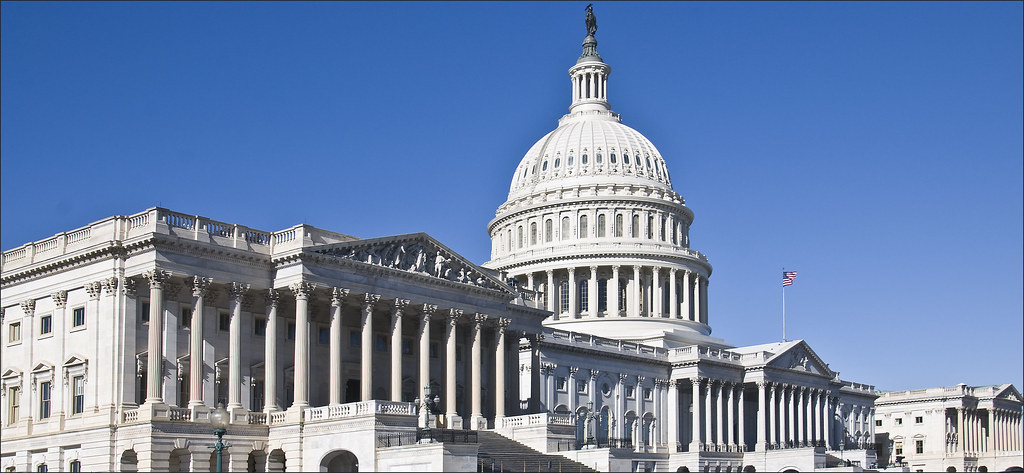WASHINGTON (Transatlantic Today) – By a vote of 220-204, the House of Representatives approved a bill on Friday that would legalize marijuana at the national level and abolish criminal punishments for some cannabis-related crimes.
According to ABC NEWS, 3 Republicans, Reps. Matt Gaetz, Tom McClintock, and Brian Mast, joined nearly all Democrats in backing the bill.
The Marijuana Opportunity Reinvestment and Expungement Act, or MORE Act, would withdraw marijuana from the list of banned narcotics, allowing states to enact their own regulations. It would also free individuals who have been imprisoned for less than 30 grams of cannabis-related charges, as well as erase criminal punishments for those who possess, distribute, or produce it.
The House also added 2 amendments to the legislation, authorizing $10 million for the National Highway Traffic Safety Administration to research technologies that law enforcers can use to determine if a driver is intoxicated by cannabis and a federal research on the effects of marijuana legalization on the workplace.
Congress has attempted, but failed, to enact similar legislation in the past. In December 2020, the House passed a draft of the identical measure, but it was never presented to the Senate floor by then-Majority Leader Mitch McConnell.
The bill aims to undo the negative consequences of former President Richard Nixon’s “war on drugs,” a worldwide campaign launched in the 1970s with the claimed objective of ending illegal drug usage and commerce in the United States. When former President Ronald Reagan assumed office, he broadened the scope of the drug war, emphasizing criminal penalties above treatment and rehabilitation. This resulted in a significant rise in the number of non-violent drug criminals in prison, with a detrimental impact on minority communities.
According to a 2020 American Civil Liberties Union research, black individuals are about 4 times more likely than white people to be detained for marijuana possession, while smoking it at similar rates.
“The sentence doesn’t really end after those people are out of jail,” said Stephen Post, a campaign manager with the Last Prisoner Project, an organization that advocates for marijuana legislative reform and the release of prisoners convicted for marijuana offenses.
The legislation also establishes a Cannabis Justice Office, which is in command of designing and implementing the Community Reinvestment Grant Program, in an effort to aid areas that have been harmed by the “war on drugs.” Among other community activities, the programme would include legal assistance in criminal and civil proceedings, as well as job preparation and health education programmes.
Senate Majority Leader Chuck Schumer is preparing a separate legislation with Sens. Cory Booker, D-N.J., and Ron Wyden, D-Ore., that is anticipated to be submitted in April but would require the support of all Democrats and at least 10 Republicans to clear the Senate.
Despite the fact that federal legislation remains a long way off, 18 states, including Washington, D.C., have authorized recreational marijuana, while 37 states have allowed medicinal marijuana.


























